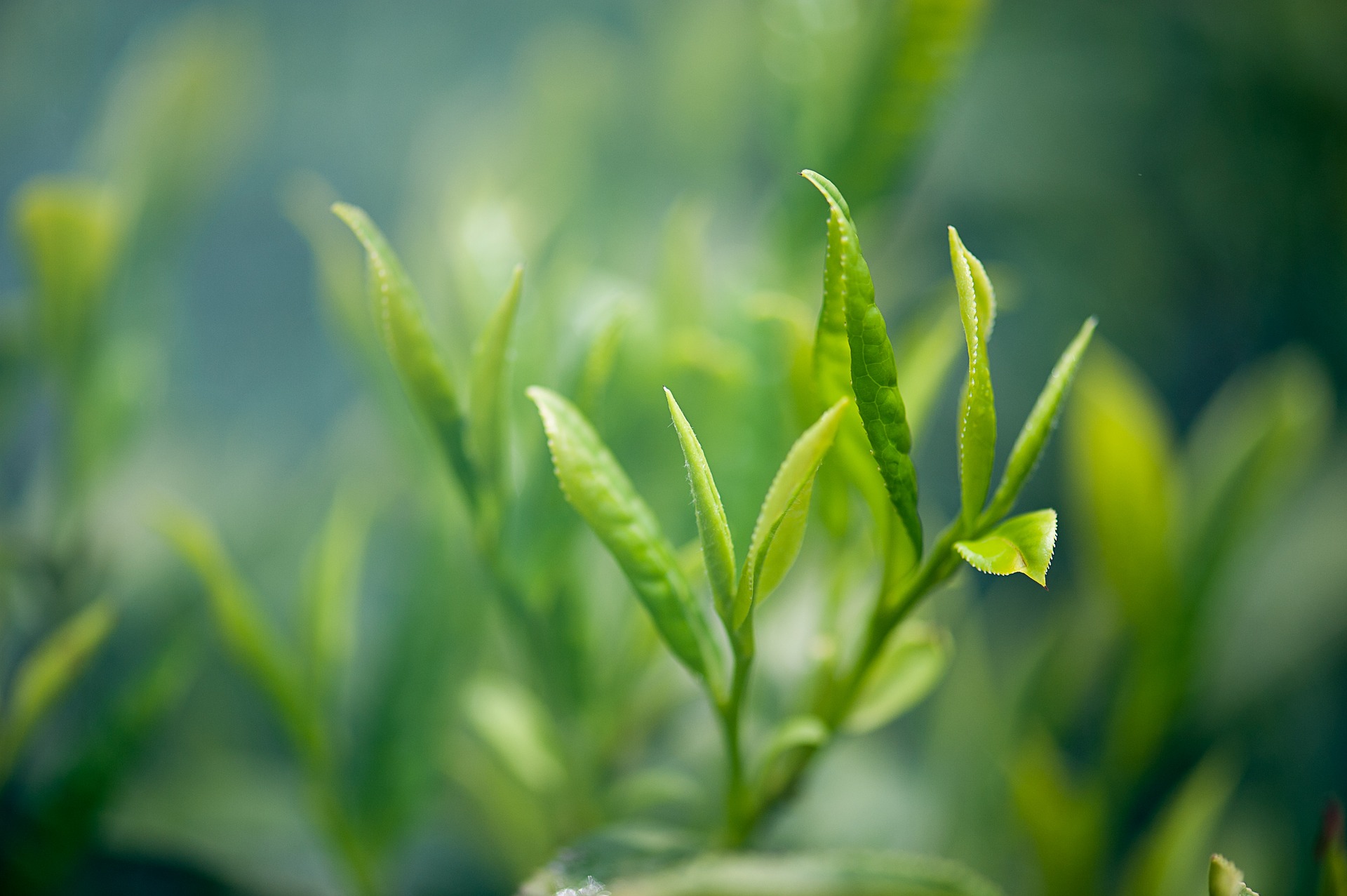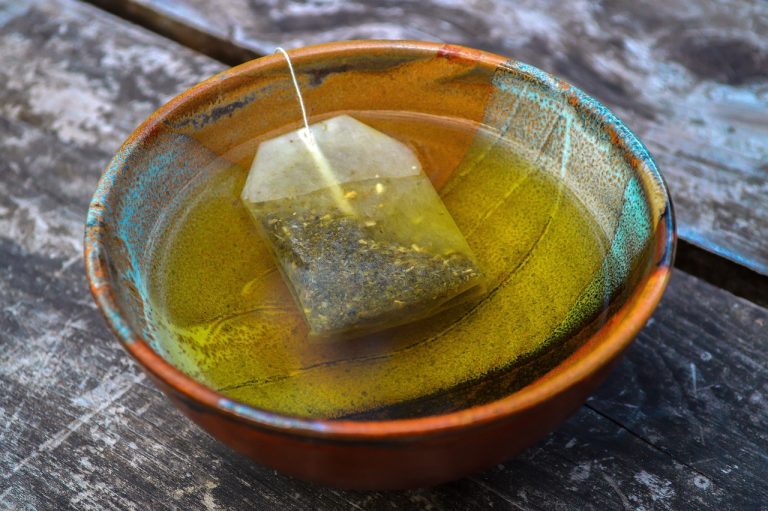Governments Institutions Related to Tea Industry in Sri Lanka
The tea industry in Sri Lanka
The tea industry is one of the major sources of foreign exchange for Sri Lanka. There are two sectors of the Sri Lankan tea industry
- Plantation Sector (5ha<)
- Small Holdings (5ha >)
Ministry of Plantation Industries
The Ministry of Plantation Industries is related to all plantation crops in Sri Lanka including Tea, Rubber, and Coconut. Ministry is providing policy guidance to the relevant state ministries. The main function is implementing projects under the national budget, investments, and national development programs. They focused export market of the plantation crops with the new technology. Major objectives are to increase foreign exchange earnings retain the cost of production, enhance the profitability of tea smallholders and plantation companies. Environmental conservation is their object by sustainable development.
Sri Lanka Tea Board (SLTB)
Sri Lanka Tea Board was started on 1st January 1976. The tea control department is joined with Tea control act No.51 of 1957. Sri Lanka Tea Board is responsible for all activities of the tea industry. These activities are Tea production, increase the cultivation, replanting, etc. establishment, and monitoring the operations of the tea factories are the activities relating to the Sri Lanka Tea Board. All these functions have been initiated to keep the quality of the symbol of Pure Ceylon Tea. Tea Board provides advisory services to the planters and tea factories on Hygenic blending and storing and facilitate subsidy programs for replanting old tea plantations and developing tea factories. Their aim is to minimize post-harvest damages and increase productivity. Chemical analyses are promoted to certify the quality of Ceylon tea. Sri Lanka Tea Board provides advice and assistance to tea buyers and tea brand owners, tea exporters, manufactures and cultivators to define protect and promote the Ceylon tea brand. There is a regional origin of the Ceylon Tea. Tea Board has a responsibility to protect and certify that origin. They control the tea exporters to keep the quality and purity of Ceylon Tea. Sri Lanka Tea Board headquarters are situated in Colombo and all the planning, direction, and coordination functions are carried out by them.
Tea Research Institute of Sri Lanka (TRI)
Tea Research Institute started in 1925 for generating and disseminating new technologies related to tea cultivation and processing. The tea research institute has a major role to achieve the development of the Sri Lankan tea industry. TRI was started by the parliament act in 1925 to facilitate research programs related to the industry. TRI is situated in Kandy in the initial stage. Latter its move was to Nuwaraeliya with research laboratories and modern equipment and finally located in the St, Coombs Estate, Thalawakelle. There are six regional centers located in different regions.
- Passara – UVA region
- Kottawa – Galle distric
- Kandy – Mid country region
- Rathnapura – Low country region
- Deniyaya – Matara and Hambantota districs
- Kaluthara
There are two tea estates operated under the supervision of TRI
- St. Cooms Estate, Thalawakelle
- St. Joachim Estate, Rathnapura
There are nine research areas with different research divisions located in TRI. Economic evaluations are done by the Agricultural economics division. Investigations have facilitated an impact on crop diversification in the Tea sector.
The agronomy division focus on introducing cost-effective crop establishment practices for tea cultivation to enhance land productivity, nursery management, soil rehabilitation, etc. there are other main divisions Entomology and Nematology, Plant breeding, Plant physiology, soil and plant nutrition, process technology.
National Institute of Plantation Management (NIPM)
It is a government institute empowered to award certificates for people who successfully completed training and academic courses to plantation executives. The best and suitable resource person is recruited and developed by this institute. NIPM initiate different kind of seminars, workshops, examinations, and consultancy services to both government and public sectors. Organizations and the same for foreign students. There are several professional programs related to tea manufacturing, factory practices bookkeeping, and plantation accounting.
Tea Small Holdings Development Authority (TSHDA)
Tea Small Holdings Development Authority was established in 1977 under act No. 35 of 1975. The aim was the development of tea smallholders in the country by increasing production, market activities and improving productivity. It also provides protection to the smallholders. There are 147 tea inspector rangers throughout the tea-growing area. These regions are guided and supervised by the headquarters of TSHDA in Colombo. They expected the improvement of the livelihood of tea smallholders. Three main ongoing functions are activated by the TSHDA including extension services, land development, and social development. Extension services are functioning to improve productivity and product quality. These services are provided by well-trained extension officers. The main objectives of land development are improving the productivity of smallholding in several forms. Mainly for replanting, new planting, and infilling of tea lands and support to intercropping with rubber and coconut. Tea Small Holding Development Societies are functioning as social development activities in the grass-root level of the tea smallholders. Maximum benefits are given to the smallholder within this society.






